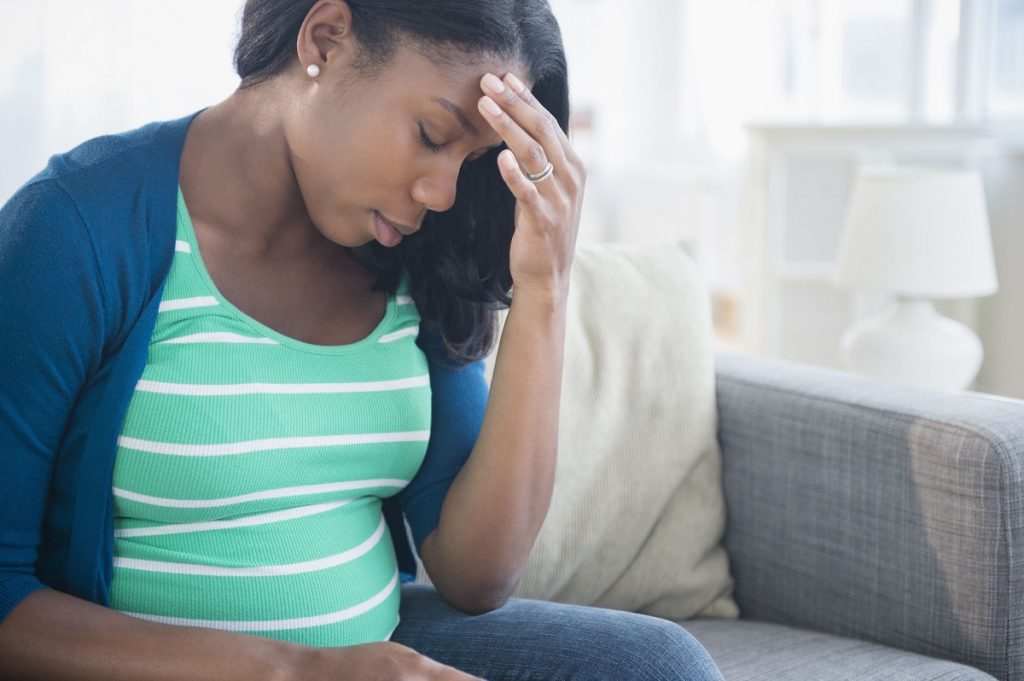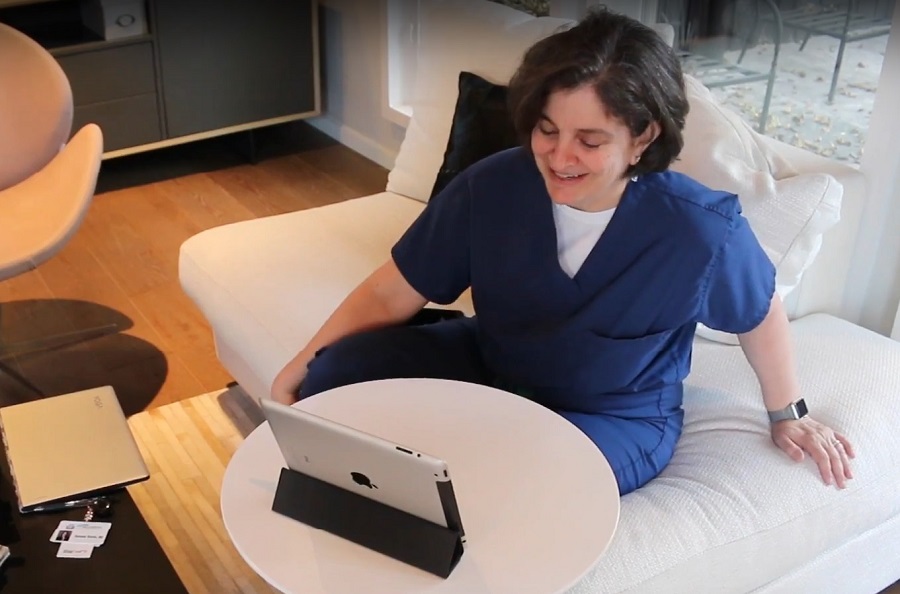As a medical practitioner who works in the women’s healthcare field, we understand you are aware of the relationship between uterine fibroids and race. African American women are three times more likely to develop fibroids than any other ethnic group. In fact, 80% of Black women will develop fibroids by the time they are 50.
It’s no secret there is a striking lack of awareness due to limited research on what is arguably a very serious problem for the most at-risk population of fibroid patients. This puts obstetricians, gynecologists, family physicians, and other healthcare practitioners who work in women’s health at a disadvantage. If you serve a high number of Black patients, you are already aware of this. If you serve a multi-racial diverse population, here is some information to better understand a Black woman’s unique fibroid challenges.
Interesting Facts about Fibroids in Black Women
- Fibroids are more common in Black women
- Black women are diagnosed younger (between 29 and 39)
- More often, the patient has multiple fibroids and larger fibroids
- Their fibroids display faster growth
- Their fibroids shrink slower after pregnancy (fibroids in white women shrink faster)
- They experience more severe symptoms, such as heavy bleeding, prolonged periods, cramping, etc.
- Statistically, they have surgery at an earlier age, many times during childbearing years
- They tend to experience more complications during surgery
According to the Black Women’s Health Imperative, the rate of hospitalization for fibroids is three times higher for Black women than white women. They are also two to three times more likely to undergo a hysterectomy and seven times more likely to have a myomectomy. In these surgeries, complications and blood transfusions are more common than in white women. Moreover, a Black woman’s mortality rate has been researched and proven to be higher with surgery.
Limited Racial Diversity and a Black Woman’s Hesitancy to Report
Clearly, the cards are stacked against African American women. Fibroids have a much more dramatic impact on them in comparison to other races. Their symptoms are both different and more severe, and the risk factors can include:
- Vitamin D levels — African Americans have lower levels of Vitamin D, which can lead to fibroids.
- Obesity — Incidences of obesity in African American women is 50% compared to 30% for white women.
- Discrimination — A third risk factor specific to Black women is perceived racial discrimination in screening patterns. If not discriminatory, screening would aid in early detection, proper access to care, and ultimately, less invasive treatment methods.
According to the National Institute of Health, one review by a team of researchers at the Mayo Clinic showed that more than 75% of fibroid studies between 2000 and 2006 did not report the patient’s race, and most of the studies that did were those that were exclusively for Black women. Of the remaining studies that did report race, Black women only represented 15% of the studied population.
Undermining the process even more is that many African American women with fibroids appear to choose to suffer in silence. A study published in the Journal of Women’s Health states that Black women take an average of almost four years to seek treatment. By this point, their symptoms are likely worse and the number of fibroids they now have doubled in size and quantity—making treatment that much more difficult.

The study went on to say that Black women were also more likely than white women to view the fibroid information they did receive (either from physicians or off the Internet) as inadequate, requesting more information such as:
- More about fibroids in general
- Standard treatment options
- Alternative treatment options
- Consequences of treatment
Studies like this show that African American women experience systemic racism and implicit bias in healthcare. This leads to earlier deterioration of health because of the cumulative impact of exposure to psychosocial, economic, and environmental stresses. As a result, Black women have earlier onset and higher rates of stress and chronic conditions like hypertension, obesity, and diabetes. Stress is a proven risk factor for fibroids.
Treating African American Fibroid Patients with UFE
At Fibroid Institute Dallas, we understand that for many women with uterine fibroids, a hysterectomy or myomectomy is the recommended treatment. However, we also know that hysterectomy or myomectomy is not the right fit for all patients in every case—especially Black women with more challenging cases and unique needs.
If you don’t currently have an alternative for these patients, please consider recommending Uterine Fibroid Embolization (UFE).
Uterine Fibroid Embolization (UFE) is a highly effective non-surgical fibroid treatment option for African American women with symptomatic uterine fibroids who are not candidates for or do not want a hysterectomy or myomectomy. UFE allows a woman to keep her uterus. An experienced interventional radiologist [link to Why Slonim] inserts a small catheter into the radial artery and advances it to the location of the targeted area. She then injects small particles to block blood flow to the fibroid tumors, causing them to shrink and die.
Benefits of UFE for Patients
- Alternative to surgery (can be performed under local anesthesia or moderate sedation)
- Shorter recovery period, 7 days in most cases
- No scarring
- Fibroid symptoms improve dramatically
- No hospital stay
- Pregnancy possible, with caveat of UFE miscarriage rates
Contact Fibroid Institute Dallas to Learn More
Suzanne Slonim, MD created Fibroid Institute Dallas with your fibroid patient in mind. A board-certified interventional radiologist for 25 years, she has performed over 30,000 procedures. She is highly rated by patients per online reviews. She is voted D Magazine’s top doctor in her category by other doctors. She is a Dallas Business Journal’s 2020 Women in Business award honoree. And, Dr. Slonim is available to partner with you on your challenging fibroid cases.

Request a session with our VP of Marketing and Business Development, Stacey West. You will receive an in-person visit about the benefits of UFE for your patients as well as a physician packet with additional information for you and your patients. This includes patient supplies, brochures, FAQs, referral information, and more.
Referring Provider Inquiry
Fibroid Institute Dallas serves the DFW area including Dallas, Duncanville, DeSoto, Cedar Hill, Lancaster, Cockrell Hill, Grand Prairie, Arlington, Mansfield, HEB, Fort Worth, Hutchins, Irving, Highland Park, University Park, Park Cities, Garland, Mesquite, Richardson, Addison, Carrollton, Plano, Allen, and all of North Texas.

